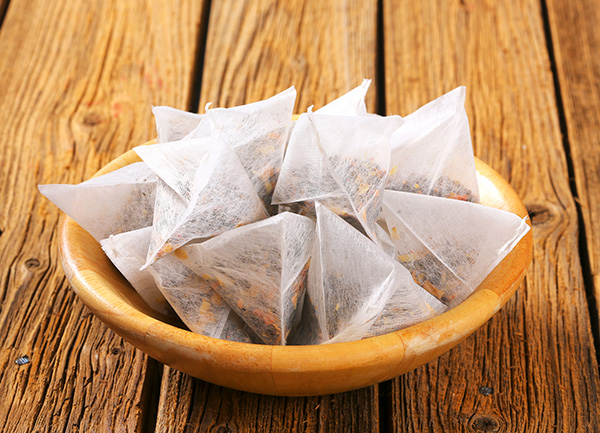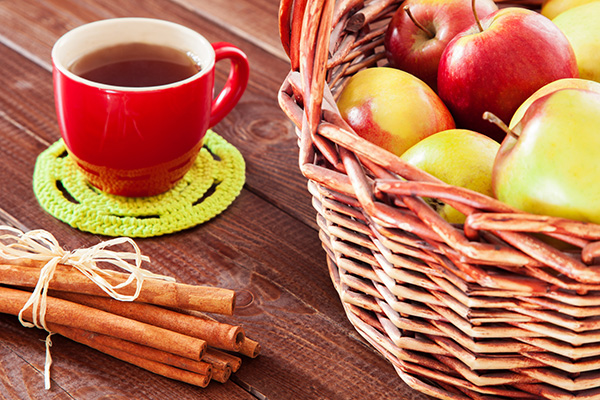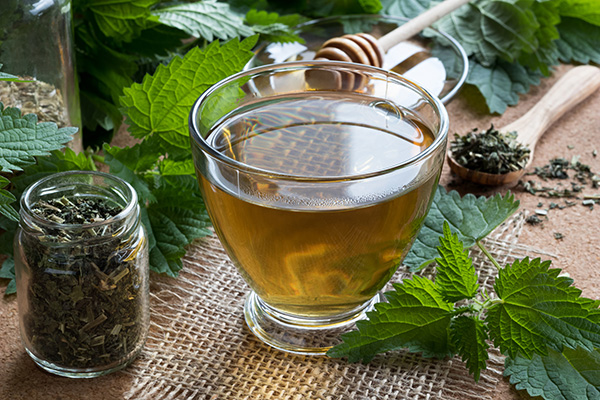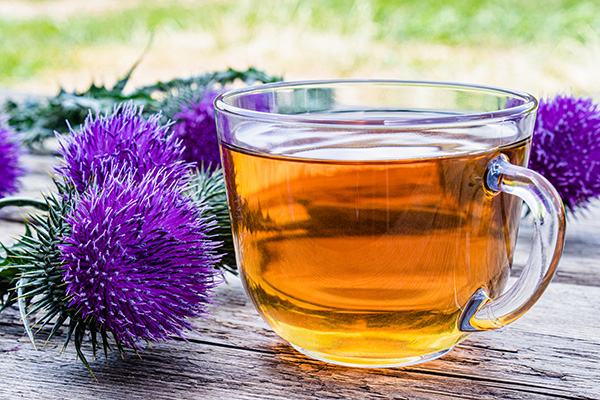How to Fix Bitter Tea?
A bitter tea may be disappointing, especially when desiring a soothing drink. Luckily, you can fix the problem and enhance your tea’s flavor.
In this piece, we’ll explore what causes bitterness in tea and offer helpful advice on how to fix it.

Why Does My Tea Taste Bitter?
Tea can taste bitter for several reasons, including:
- Over-steeping: Over-steeping tea causes excessive tannin release, contributing to the bitter taste. Each type of tea has a recommended steeping time that should be followed to avoid bitterness.
- Tea type: Some tea varieties are inherently bitterer due to increased tannin presence. For instance, black teas are often more bitter than their green or white counterparts.
- Using too many tea leaves: Excessive tea leaves in your cup or pot lead to an overpowering, bitter brew.
- High water temperature: Using too hot water can also cause the tea to become bitter. Different types of tea require different water temperatures for optimal flavor extraction.
- Poor quality tea: Low-quality tea leaves may contain more tannins or other compounds contributing to a bitter taste.
- Water quality: Water quality affects the taste of the tea you brew. Hard water or water with high mineral content can make your tea taste bitter or off.
How to Make Tea Less Bitter?
To get reed of the bitter taste, try these tips:
- Adjust steeping time: For black tea, steep between 3 and 5 minutes. For green tea, it’s 2-3 minutes. Oversteeping can lead to bitterness, so try reducing the steeping time if your tea is too bitter.
- Opt for less bitter types of tea: Opt for white or green teas; they usually have fewer tannins and are less bitter than black and oolong teas.
- Experiment with the tea-to-water ratio: Consistently bitter tea might indicate excessive tea leaf usage. Try reducing the number of tea leaves you use and see if that improves the flavor.
- Use the proper water temperature: Different teas have different optimal brewing temperatures. Generally, green and white teas should be brewed at lower temperatures (160-185°F). In comparison, black and oolong teas can be brewed at higher temperatures (190-205°F).
- Use filtered water: If your tap water is contributing to your tea’s bitterness, try using filtered or bottled water instead.
- Add a sweetener: To counter lingering bitterness, add a sweetener like honey, sugar, or agave syrup. A small amount can help balance the bitterness and improve the taste.
Final Thoughts
Achieving the ideal cup of tea requires practice. Still, by adjusting steeping time, choosing less bitter tea types, changing the tea-to-water ratio, using the correct water temperature, opting for filtered water, and adding a sweetener, you can reduce bitterness and enjoy a flavorful cup.
Experiment with different methods and teas until you find the best combination.
FAQ
Does Salt Take the Bitterness Out of Tea?
A small salt pinch can fight tea bitterness, but avoid overdoing it to prevent a salty flavor.
Does Baking Soda Make Tea Less Bitter?
Adding a small amount of baking soda to your tea can neutralize some tannins that cause bitterness. However, use only a little since excessive amounts can produce an undesirable taste.
Does Milk Make Tea Less Bitter?
Milk can help reduce tea’s bitterness, especially in strong black teas. The proteins in milk can bind to tannins, making the tea taste smoother and less bitter.
Which Tea Is the Least Bitter?
White and green teas are less bitter than black and oolong varieties due to fewer tannins. To avoid bitterness, choose high-quality tea leaves and follow the recommended brewing guidelines for each type of tea.






